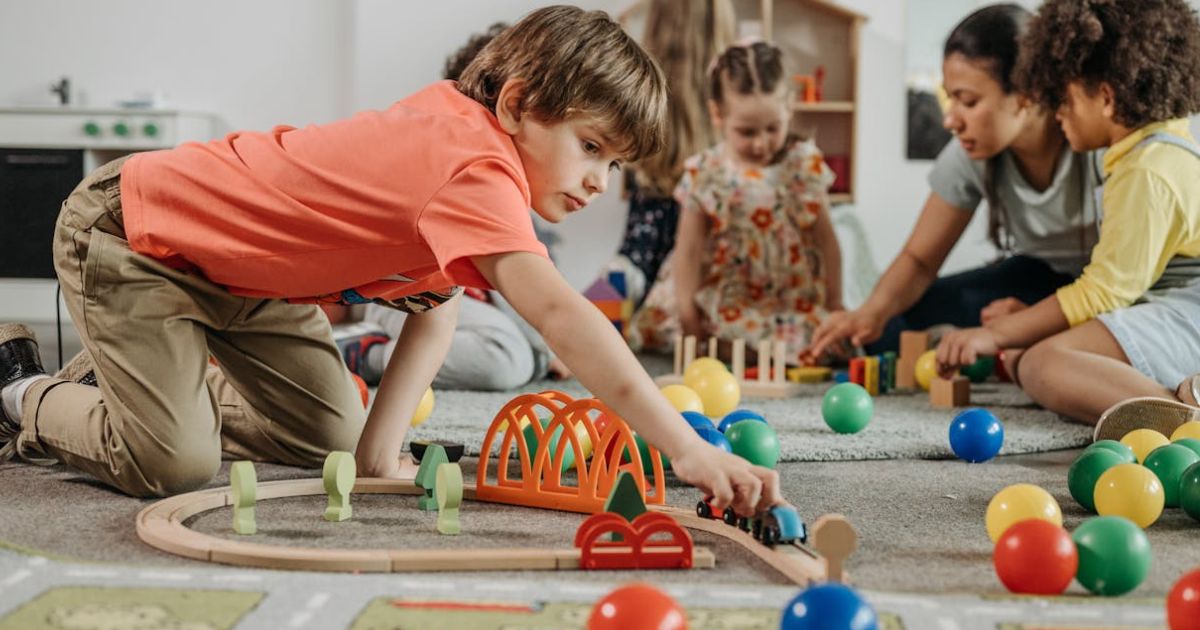7 Most Important Social Skills for Elementary Students
Imagine your child confidently navigating the social landscape of elementary school. They make friends quickly, resolve issues peacefully, and work collaboratively in group projects. This isn’t just a dream; it’s the power of social skills.
However, Teaching social skills to elementary students is one of the most complex, confusing, yet achieving aspects of parenthood and learning how do you teach elementary students social skills? is an important part of a child’s growth.
Children with good social skills are likely to reap immediate benefits. Let’s Look for teachable moments where you can help your kids do better. Moreover, there are Things for Elementary students to do.
Ready to Learn more about kids’ most important social skills and how to teach them?
1. Sharing
Forget just sharing toys! Sharing can be about so much more. Imagine your child taking turns playing games, working together on school projects, and even going out of their way to be kind to others. This isn’t just about giving things away; it’s about building bridges and making friends. Like a shining star, they share ideas, space, and kindness, making the world brighter!
How to Practice
- Organize “sharing circles” where children share stories or hobbies.
- Play cooperative board games that emphasize sharing resources.
- Start a “kindness jar” for collecting random acts of kindness ideas.
- Lead by example: share household work and responsibilities.
2. Cooperation
Similarly, Collaboration is an essential skill in early academic and social settings. Guide students to the value of working together towards a common goal. Resolve problems quickly and appreciate the contributions of each team member.
How to Practice
- Assign group projects with clear roles and tasks.
- Play collaborative games that require teamwork.
- Celebrate successful teamwork and individual contributions.
- Discuss the importance of compromise and listening to others’ ideas.

3. Listening
Also, Listening is an essential part of Social skill development. Active listening is key to compelling talks and learning. To help children develop their listening skills.
How to practice
- Further, Make storytelling interactive. Take turns adding to a story, requiring careful listening to build upon each other’s ideas.
- Instead of yes/no questions, ask your child open-ended questions like “What was your favorite part of the day?” This inspires elaboration and active listening.
- Show your child the importance of listening by making eye contact, nodding, and avoiding interrupting when they speak.
4. Following Directions
The ability to follow directions is essential for academic success and everyday tasks. To support children in following directions. Following directions promotes self-control and focus on tasks.
How to practice
- Create simple challenges and tasks with clear instructions to follow step-by-step, increasing complexity as your child masters them.
- Play games like “Mother May I?” or “Follow the Leader,” where children listen carefully and follow specific rules.
- Divide complex duties into smaller, achievable steps with precise specs for each step, making them less daunting.
- Celebrate successes in following directions, helping continued effort, and positive reflections.
5. Respecting Personal Space
Respecting limits is vital! Understanding personal space builds respect, empathy, and comfort in social interactions.
How to practice
- Let children stand in designated “bubbles” representing their personal space. Play games within these limits, teaching the importance of respecting them.
- Read books about personal space and body language, like “My Body Belongs to Me” or “Personal Space Detective.” Discuss real-life situations where space might be compromised.
- Role-play: asking permission before touching someone or entering their space, pointing out respectful talks.
- Be mindful of your child’s personal space, teach them to ask permission before touching others, and set a positive example.
6. Using Manners
Manners are social conventions promoting kindness, consideration, and respect in connecting with others. Teach manners to your children.
How to Practice
- Discuss “magic words” like “please,” “thank you,” and “excuse me” into daily routines.
- Read books and watch shows that improve using kind words and good manners.
- Role-play different social situations and practice using the proper manners.
- Celebrate good manners and create a positive idea system.
7. Making Eye Contact
Teach children to maintain eye contact while listening, signaling their attention and respect for the speaker.
How to practice
- Mirror games: Stand facing each other and copy each other’s expressions, including eye contact. This makes it fun and engaging.
- Have your child practice storytelling while making eye contact with their audience, increasing comfort and connection.
- Role-play introducing yourself and making eye contact in different situations, like meeting new classmates or teachers.
- Observe and praise your child for making eye contact during talks, raising their confidence in using this social skill for elementary students.
Conclusion
Social skills development is a journey, not a destination. Be patient and positive, and provide consistent opportunities for practice. Celebrate small successes, offer gentle guidance, and encourage open communication. Working together will equip your child with the tools to build strong social skills and navigate the world confidently and joyfully.